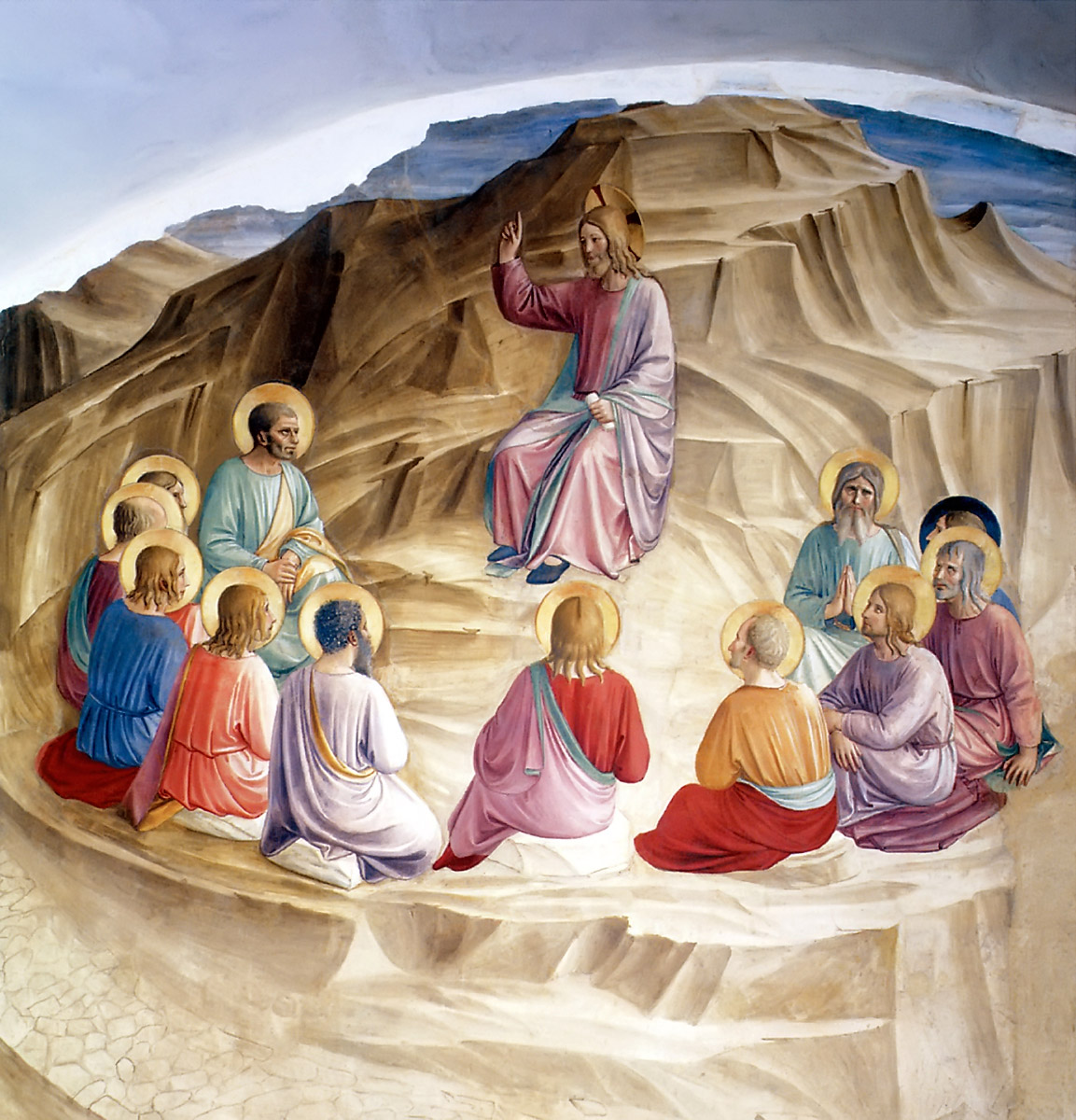
Blessed are the poor in spirit, for theirs is the kingdom of heaven.
Matt. 5:3 ESV
What is the Sermon the Mount really about? Is the Sermon a new set of commandments for Christians? Or just a re-interpretation of the Ten Commandments? Or as some say, a Divine directive for U. S. government policy? Or, nice teaching from the Great Teacher?
In reality, the Sermon on the Mount is about the interior life of the Christian. The Sermon on the Mount is what our lives will look like when the Holy Spirit is having his way in us.
Beware of placing our Lord as Teacher first instead of Saviour. That tendency is prevalent to-day, and it is a dangerous tendency. We must know Him first as Saviour before His teaching can have any meaning for us, or before it can have any meaning other than that of an ideal which leads to despair. Fancy coming to men and women with defective lives and defiled hearts and wrong mainsprings, and telling them to be pure in heart! What is the use of giving us an ideal we cannot possibly attain? We are happier without it.
If Jesus is a Teacher only, then all He can do is to tantalise us by erecting a standard we cannot come anywhere near. But if by being “born again from above” we know Him first as Saviour, we know that He did not come to teach us only: He came to make us what He teaches we should be. The Sermon on the Mount is a statement of the life we will live when the Holy Spirit is having His way with us (emphasis mine).
Oswald Chambers, Studies in the Sermon on the Mount (Hants, UK: Marshall, Morgan & Scott, 1960).
Listen to Him; learn of Him; be like Him; receive Him into thine heart; let Him be revealed within thee, so shalt thou also be conformed to these qualities, and participate in this bliss.
F. B. Meyer, Blessed Are Ye: Talks on the Beatitudes


